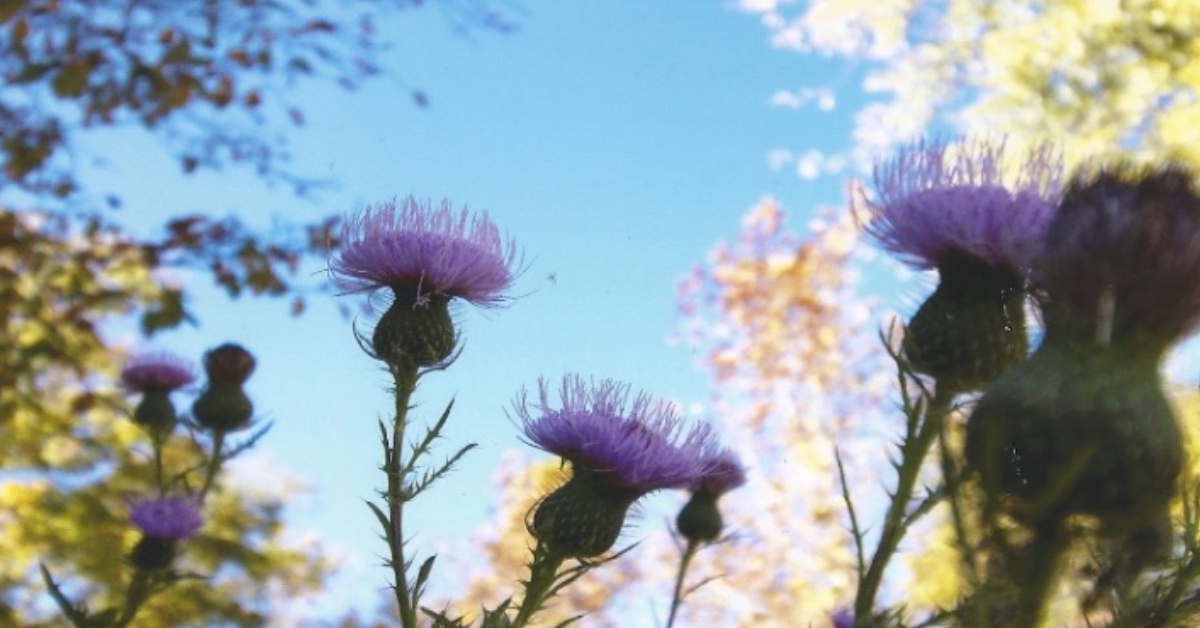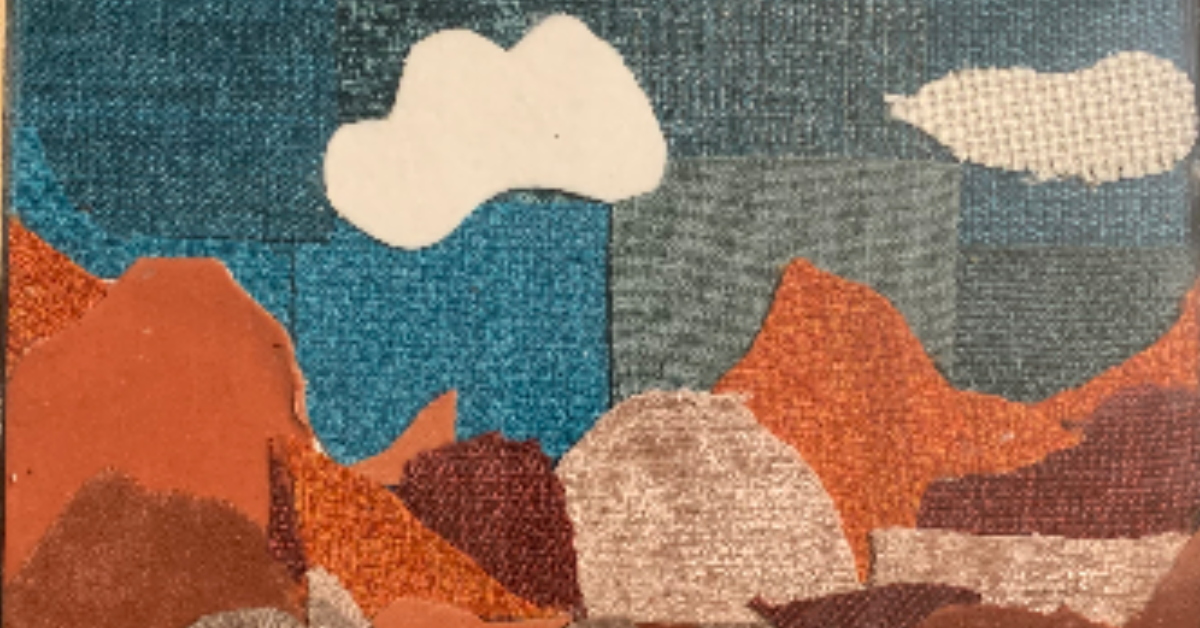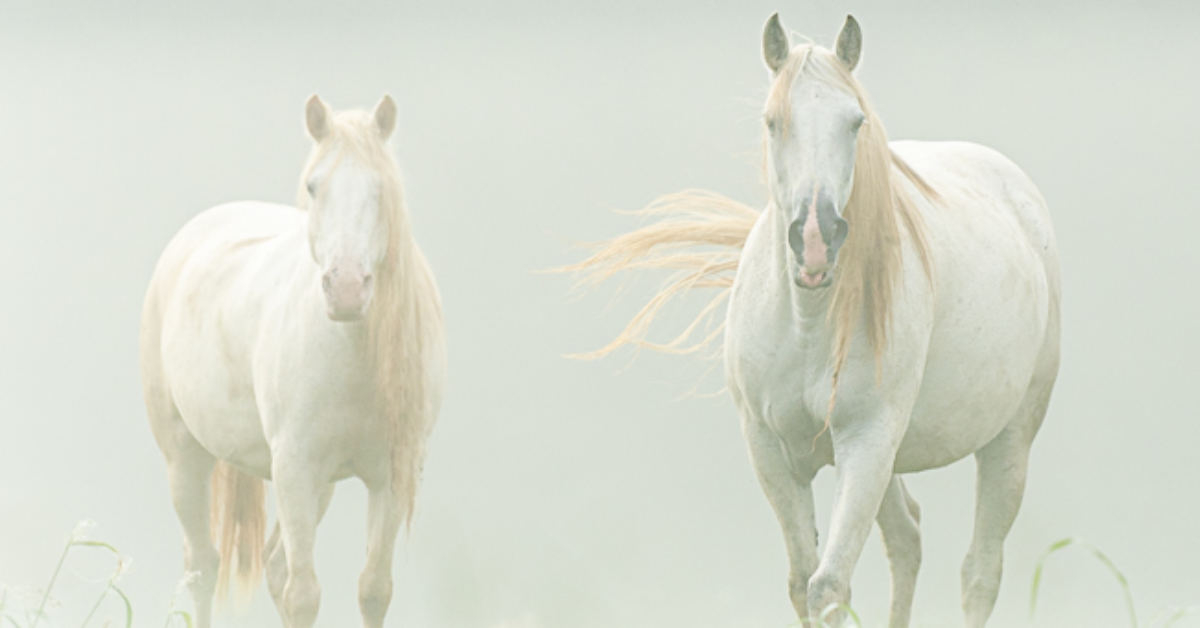As a child of the ’70s, I grew up thinking my favorite exotic animals of the world like African elephants, rhinos, lions, and sharks, were such extraordinary species they would never vanish from the wild. These apex species have ruled the savannas and dominated the oceans, some species for hundreds of millions of years. Yet, these magnificent creatures are struggling to survive in today’s chaotic world where wildlife is under siege. The threats wildlife face today come from every direction. From habitat loss and erosion through climate change and human population growth, to the ever-rising demand for wildlife trafficking within a black market that is ranked as the world’s fourth largest criminal activity in the world, worth up to $260 billion a year. With influential global standings and tremendous profits, wildlife traffickers propagate within a broad-reaching network of criminal activity that profits off the sale and extinction of exotic animals. To combat this reality, a global community of dedicated watchdogs is necessary to protect these apex species and their natural environments.
Over the past few decades, wildlife trafficking has been recognized as more than just an environmental and conservation issue. Wildlife traffickers have been identified as an integral part of global criminal networks operating within the legal exotic animal trade markets. A large portion of the wildlife trafficking trade market is based in South East Asia and China. Exotic animals are revered in Asian culture as a status symbol of wealth and prosperity. Many traditional medicinal practices incorporate exotic animal components.
Those who operate within the criminal networks of wildlife trafficking stretch from local poachers who have succumbed to the pressures of providing for their families by illegal means, to the border patrol officers who allow illegal wildlife transportation, to the manufacturers of illegally sourced products, to the market vendors who sell the hot commodities to the highest underground bidder feeding the black market. Every part of the criminal network is fed and funded with one goal in mind. To bring to extinction profitable wildlife by driving up the value of their trade commodities as a result of eradicating the species within its natural environment. Yes, the goal is extinction! Wildlife traffickers’ compete to bring to the black market exotic animals and the commodities they represent to drive the black market value higher as poaching depletes the actual resource. Extinction guarantees the highest market value possible. Wildlife traffickers’ don’t care which species become extinct, only to capitalize on the monetary gains profited before the revenue runs out.
“We must not focus attention just on conservation and preservation, there are hundreds of NGOs (nongovernmental organizations) with this mission at hand, yet the annihilation of natural resources (flora and fauna) is still pervasive. We cannot fight criminals with protection measures,” sites Dr. Odean Serrano, a leading national expert on countering wildlife trafficking.
As recently as 2020, The World Wide Fund (WWF), a conservation organization contributing to over 100 countries cited, “ The African elephant will disappear within two decades if urgent action is not taken to save one of the world’s most iconic animal species. African Elephants will be extinct by 2040 if we don’t act right away.”
Similar conservation warnings are being issued about lions by The African Wildlife Foundationwhere a 43% decrease in lion populations over the past 21 years has resulted in their extinction in 15 African Countries.
These startling numbers are an urgent wake-up call. In order to save these and other exquisite species from wild extinction, a global effort by a vast array of wildlife advocates is collaborating together to combat the intricate criminal web that encompasses wildlife trafficking. This type of intervention requires more than just grassroots and local efforts. This intervention requires a more international, layered approach. Wildlife advocates can range from local anti-poaching supporters to conservation park rangers, environmental activists, FBI undercover field agents, or government officials.
Each layer is designated as an avenue by which wildlife trafficking networks can be monitored and possibly infiltrated to establish the most impactful ways to extinguish their ability to trade wildlife.
One such organization dedicated to dismantling the criminal networks that support wildlife trafficking is Earth League International – the first intelligence agency for the planet.
Founded in 2013, by Andrea Crosta, ELI “works to merge the worlds of intelligence, investigation, and conservation in the service of wildlife, forests, oceans, and the people who protect them.” To increase ELI’s global outreach within local communities where wildlife trafficking permeates, Andrea launched WildLeaks in 2014 – the world’s first wildlife crime whistleblower initiative dedicated to environmental crime. Through this initiative, WildLeaks provides a resource for whistleblowers to send anonymous and safe information outside of the country of origin free from political influence. Hundreds of wildlife trafficking tips from over 20 different countries were received within the first 6 years.
In 2020, ELI introduced Dr. Odean Serrano to their Analytic Team. As the first nationally designated Intelligence Community Lead for Combating Wildlife Trafficking, she has dedicated more than two decades to working for the U.S. Federal Government in the areas of NASA and the National Geospatial-Intelligence Agency before founding the Countering Wildlife Trafficking Institute.
“I joined Earth League International to develop and advance their geospatial analytics program. ELI applies an intelligence-led approach to environmental crime and a mission to “protect wildlife, oceans, and forests through intelligence-gathering, research and undercover operations, and cooperation with key governmental agencies. We apply our intelligence to the nexus of wildlife crime with other serious crimes in order to illuminate the complexities of the transnational organized criminal networks that orchestrate and carry out environmental crimes.”
According to ELI’s research, “Environmental crime is reported to ‘converge,’ or overlap, with counterfeiting, drug trafficking, cybercrime, human trafficking, financial crime, arms trafficking, and terrorism.” The convergence of all these networks then creates a global web of illegal activity which has contributed to the global spread of disease from black market conditions igniting the COVID-19 pandemic. This correlation further unites the connection between environmental crime and security as reflected in the UNODC World Wildlife Crime Report 2020
“Wildlife crime affects all countries through its impacts on biodiversity, human health, security, and socio-economic development. Stopping the trafficking of wildlife species is a critical step not just to protect biodiversity and the rule of law, but to help prevent future public health emergencies.”
When I asked Dr. Odean Serrano to share her thoughts on the future of our fragile ecosystem as it converges with environmental crime, she replied,
“The projected future of fragile ecosystems must involve the ability to understand the entire criminal landscape. The future depends on the next generation of conservationists who possess an analytic background and a systematic method to integrate the biologists, ecologists, and conservationists’ research as a component of understanding the whole to save our species. I believe we must advance our understanding of environmental criminal activities as a focal point of the solution, and in partnership with law enforcement and governmental agencies in order to holistically address the environmental crimes, the convergence with other serious crimes, and the complexities of transnational organized criminal networks.”
In an effort to galvanize the support of public opinion and apply pressure to both global governments and local communities to address the convergence of wildlife trafficking and organized global crime, ELI believes creating critical media content through documentary films, graphic novels, public reports, and podcasts are integral conservation tools in fighting the wild extinction of crucial species, including ourselves. In 2016, ELI partnered with Netflix Documentary to bring to the screen THE IVORY GAME in hopes of reaching millions worldwide. This documentary dives deep into the underworld of the illegal ivory trade and exposes the devastating effects it’s had on elephant populations worldwide. “The Ivory Game is an example of how a documentary can become part of a wider context of international efforts, helping to bring some change.” – Andrea Crosta. In 2019, ELI partnered with National Geographic and released SEA OF SHADOWS. A perilous quest to stop the extinction of the Vaquita whale in the Sea of Cortez.
Although the international web of wildlife trafficking and organized crime is expansive, there are ways you can modify your own behavior to counteract the supply chain demands that exist in the consumer markets today. Here are a few ways you can support environmental organizations whose efforts support countering wildlife trafficking and start taking action:
Resources:
https://earthleagueinternational.org/convergence/
https://www.linkedin.com/pulse/understanding-convergence-environmental-crime-other-serious-crosta/
https://www.linkedin.com/in/odean-serrano-phd-25ab2684/
https://www.pexels.com/ – Lion picture (public domain), Elephant picture – Piet Bakker (public domain)
https://www.courthousenews.com/social-media-platforms-hotbeds-for-wildlife-trafficking/
https://wwf.panda.org/discover/knowledge_hub/endangered_species/elephants/











